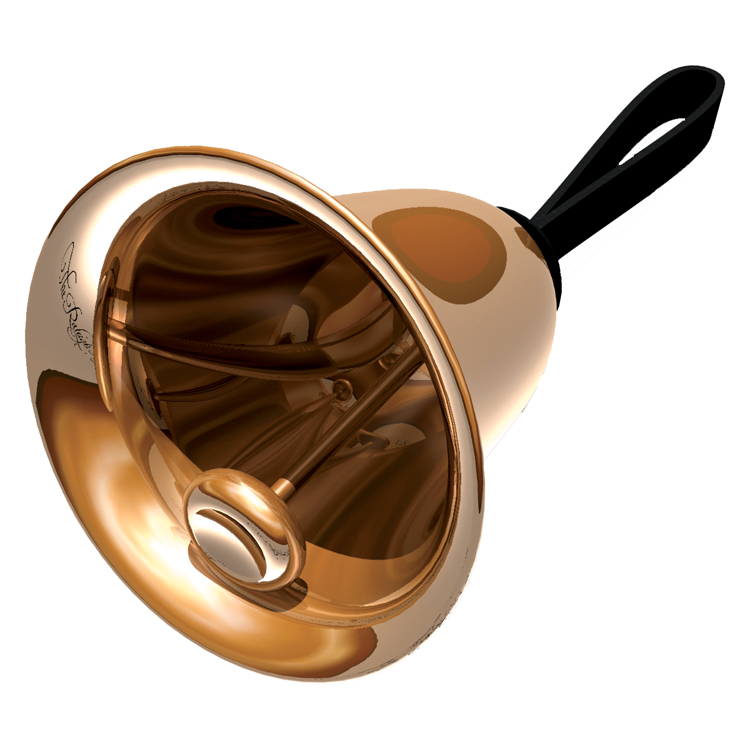 Understanding How Social Cues Influence Our Behavior
Understanding How Social Cues Influence Our Behavior
We are always picking up cues from our environment and responding to them, most of the time without realizing that we are being influenced. Increasing our awareness of how we are impacted by these cues is the first step. The second step is to look for, surround ourselves with, and create the cues that take us where we want to go.
A paper in the Journal of Consumer Research reported a study by researchers at the University of British Columbia. The study asked female undergrads to watch a video. Before the video started, a colleague of the researchers posing as another subject took a generous helping from a bowl of M&Ms provided as a snack. The colleague was 5 feet 2 inches tall, weighed 105 pounds, and wore a size zero BUT half the time she wore an elaborate “obesity prosthesis” that made her appear to weigh 180 pounds and wear size 16 clothing. When the colleague appeared obese, the other subjects took far fewer M&Ms.
The issue at hand is not which way the environmental clues influenced behavior in this specific instance but the fact that they do, and that so often we are unaware of how we are influenced. If you want to take greater control over your life, if you wish to have more energy, greater direction, shaper focus, better results, then…start to pay more attention!
Pay more attention to shifts in your mood and energy and what’s around you or has happened when they occur. Pay more attention to the small incidents of the day and how they add up and impact and direct you. Who drains your energy? Who supports you and cheers you up? What situations energize you? Which situations sap your energy? How can you get more of the good cues and fewer of the downers? Eagles don’t usually hang out with buzzards; is your environment supporting your dreams? Birds of a feather flock together. What kind of flock are you hanging with?
Affirmation: Every day I grow in awareness, both of myself and the world around me.
Closing Quote: Smile and the whole world smiles with you!
* Ivan Pavlov (1849-1936) was awarded the Nobel Prize in Physiology and Medicine in 1904 for his study of the mechanisms underlying the digestive system in mammals. What he learned turned his attention to the formation of conditioned reflexes, one of them the use of a bell sound when feeding dogs. The dogs learned to associate the sound of the bell with food, causing them to salivate at the mere sound of the bell.

